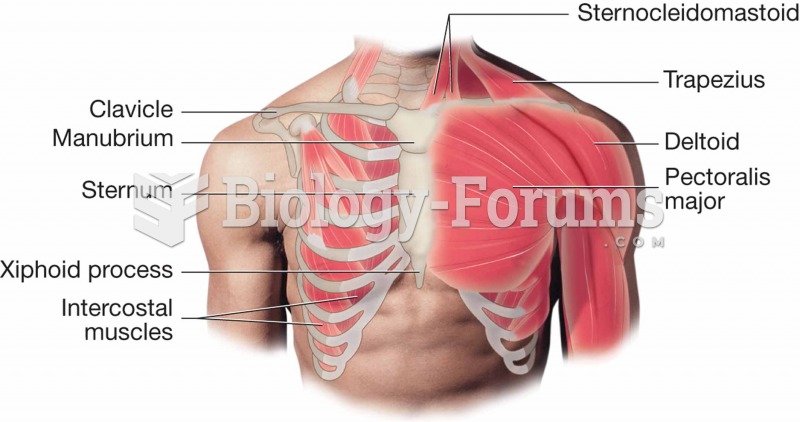Answer to Question 1
Correct Answer: 3
Rationale 1: A 12-lead EKG most likely was performed to rule out MI.
Rationale 2: Oxygen may be administered until the threat of MI has been disproved, but this will not be done first.
Rationale 3: This is the most important intervention. The client needs to be removed from a busy area to help decrease the anxiety with the attack.
Rationale 4: Ativan is a good choice of medications, but it will take at least 1015 minutes to calm the symptoms.
Global Rationale: Moving the client from the waiting area to a private ED cubicle is the most important intervention. The client needs to be removed from a busy area to help decrease the anxiety with the attack. A 12-lead EKG most likely was performed to rule out MI. Oxygen may be administered until the threat of MI has been disproved, but this will not be done first. Ativan is a good choice of medications, but it will take at least 1015 minutes to calm the symptoms.
Answer to Question 2
Correct Answer: 2
Rationale 1: Eating fish, green vegetables, and milk would be the best answer, because those foods provide vitamin D, vitamin K, and folic acid. Fish, cereals, and milk are high in vitamin D. Vitamin K is high in green vegetables, green tea, milk, and yogurt. Folic acid is high in vegetables, fruits, and organ meats like liver.
Rationale 2: Eating fish, green vegetables, and milk would be the best answer, because those foods provide vitamin D, vitamin K, and folic acid. Fish, cereals, and milk are high in vitamin D. Vitamin K is high in green vegetables, green tea, milk, and yogurt. Folic acid is high in vegetables, fruits, and organ meats like liver.
Rationale 3: Eating fish, green vegetables, and milk would be the best answer, because those foods provide vitamin D, vitamin K, and folic acid. Fish, cereals, and milk are high in vitamin D. Vitamin K is high in green vegetables, green tea, milk, and yogurt. Folic acid is high in vegetables, fruits, and organ meats like liver.
Rationale 4: Eating fish, green vegetables, and milk would be the best answer, because those foods provide vitamin D, vitamin K, and folic acid. Fish, cereals, and milk are high in vitamin D. Vitamin K is high in green vegetables, green tea, milk, and yogurt. Folic acid is high in vegetables, fruits, and organ meats like liver.
Global Rationale: Eating fish, green vegetables, and milk would be the best answer, because those foods provide vitamin D, vitamin K, and folic acid. Fish, cereals, and milk are high in vitamin D. Vitamin K is high in green vegetables, green tea, milk, and yogurt. Folic acid is high in vegetables, fruits, and organ meats like liver.







